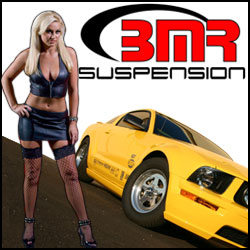You are using an out of date browser. It may not display this or other websites correctly.
You should upgrade or use an alternative browser.
You should upgrade or use an alternative browser.
do street tires lose grip as they age?
- Thread starter stevbd
- Start date
eolson
Junior Member
Thanks Theorem, that's good to know. Since Michelin finally made a set of ultra high performance All season tires for cool and cold dry/wet grip at 285/40-18, 255/45-18 as a set, we don't have to beg the tire industry to make a set of quality high performance all season tires that are actually the correct size for our 05 model Mustangs. It only took 10 years of complaining. Erik
Wow, what has happened here? This corner carvers sub-section is "losing its bite", just like the OPs tires.  Warning: there is some bad advice posted in this thread, and as always, be careful who's advice you follow. That's all I'm going to say before I trigger some snowflakes, but its true. My advice isn't the end-all-be-all final word, of course, but its also not pulled straight from an uninformed rectum.
Warning: there is some bad advice posted in this thread, and as always, be careful who's advice you follow. That's all I'm going to say before I trigger some snowflakes, but its true. My advice isn't the end-all-be-all final word, of course, but its also not pulled straight from an uninformed rectum.
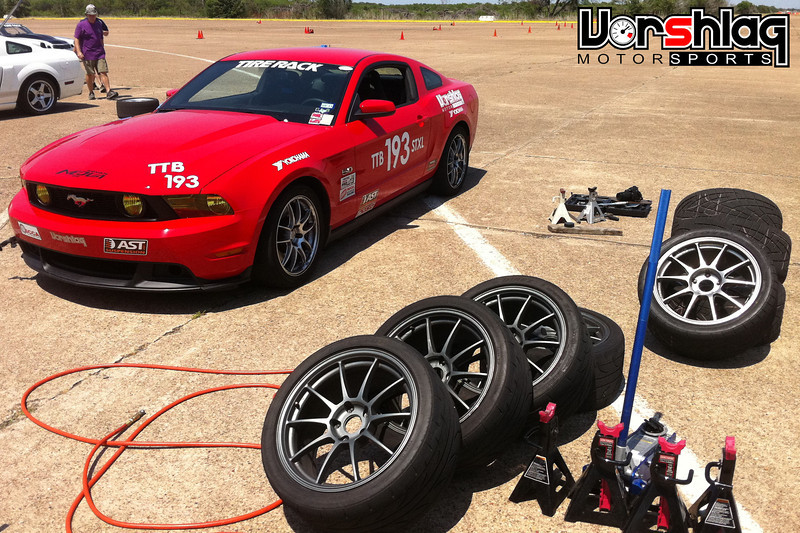
Yes, vulcanized rubber "hardens" (ie: loses mechanical grip) with age, exposure to sun/oxygen, and especially with an increasing number of HEAT CYCLES. The total mileage and time variables alone don't paint the whole picture - its the number of times the tires have come up to temperature and then come down to ambient (heat cycles) that kills the compound. Autocrossers are usually pretty religious about counting heat cycles, and track drivers/road racers should do the same.
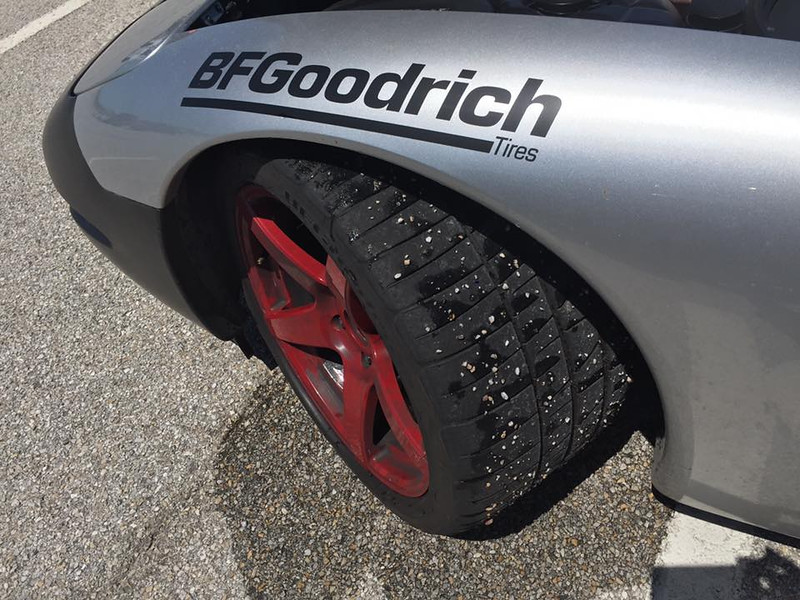
Tire temperatures are a critical aspect, as are tire pressures. #500psi You will often see autocrossers spraying their tires with water - to keep the compound in the best working temp range - which can squash a tire's grip in the short term (it can literally happen in seconds if the tire is over-driven) if overheated. I've had this happen on many if not most of the latest "200 treadwear" street tires in testing on track and in autocross situations. You push them too hard, they slide too much (excessive slip angle), and they overheat. Then your lap times start to slip heavily. If the tire rubber gets too hot it gets greasy and grip levels diminish. This turns up in both "feel" as well as lap times.
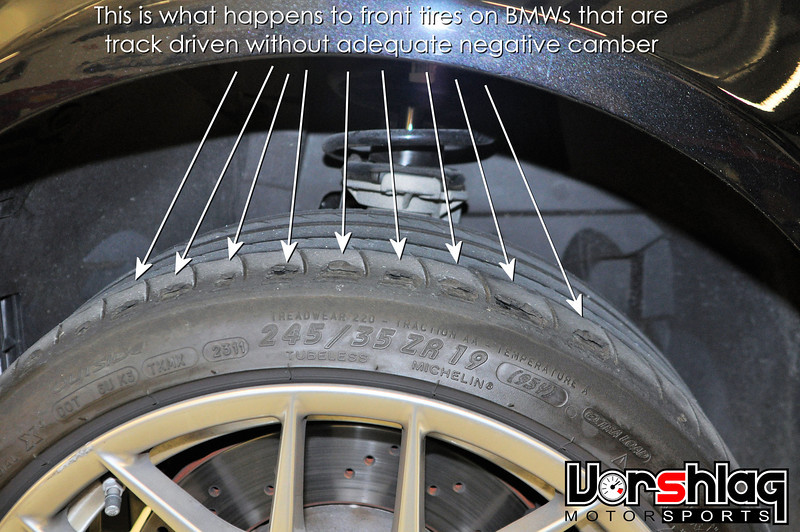
After your car's suspension's worst sins have been corrected (lack of camber, pressure, damping, spring rate. see above), most folks who are tracking their cars regularly should wear away the tire's rubber evenly before they "age out" or "compound out" the tire, to the point that it is losing mechanical grip. But if you actually "dual purpose" your tires for both daily use and track use, they will likely compound out long before you run out of tread rubber. Nothing kills a tires performance more than excessive heat cycles, and daily driving adds those quickly.
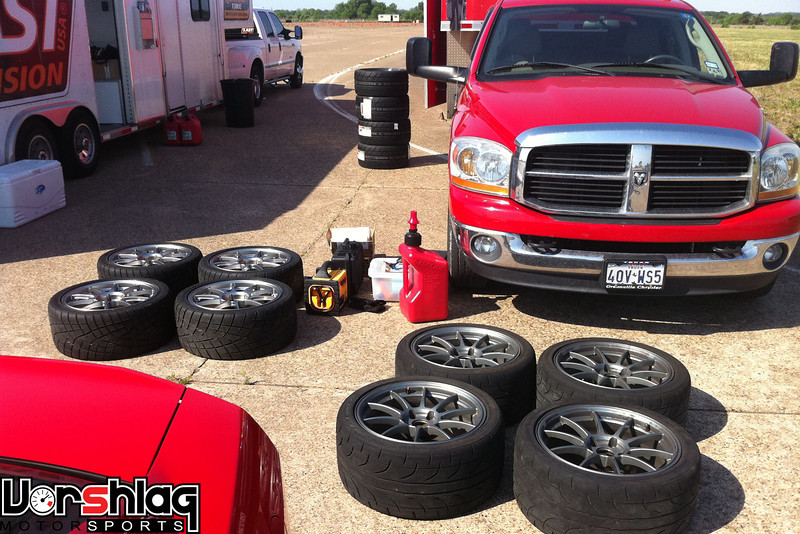
As someone who has been an active competitor for 30 years, has been invited to drive at tire tests, and has held our own independent tire tests, I think I have a unique bit of experience here. As we have seen first hand (and as I replied in Skyrender's latest post) nothing is more important to a race car than its tires, and we often build entire cars around a specific tire.
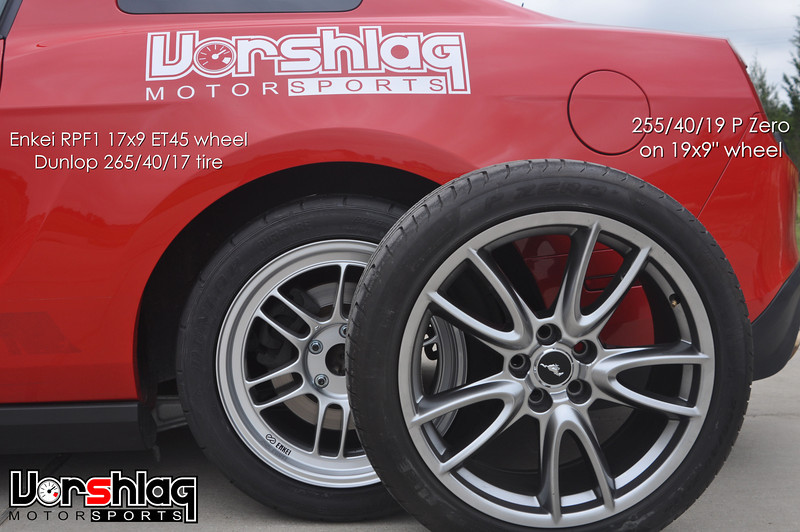
I always encourage folks to use a dedicated set of "race" wheels and tires and a separate, different set of "daily driver" wheels and tires. Even at the casual autocross or HPDE level you will see a marked improvement in times if you follow this rule.

And, no, I don't mean everyone needs to trailer their car or run Hoosiers for track use only. Just that a quick change to your Bridgestone RE71Rs the night before your track event, and a quick swap back to your street meats when you get home, extends the usefulness of your track rubber.
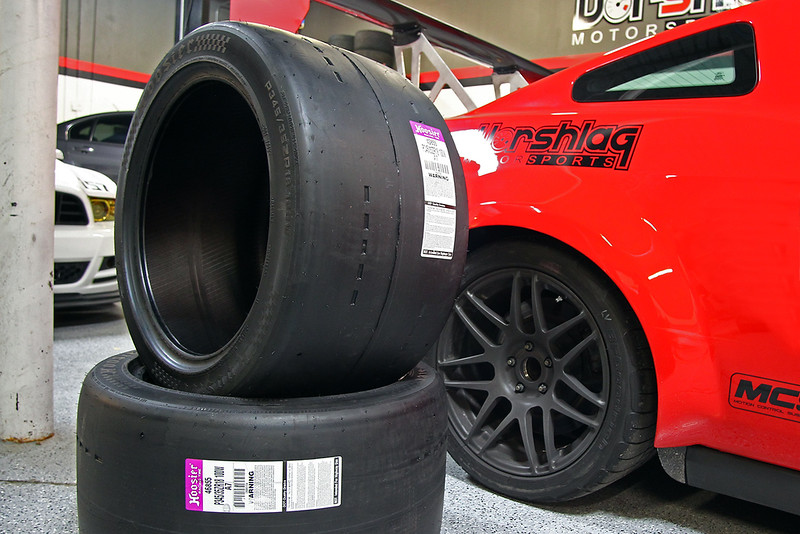
It can matter just as much if not more on "sticky street tires" as it does on Hoosier A7s. And no, don't drive A7s or even R7 Hoosiers to events... unless you like getting flat tires and having to flat tow your car home often.
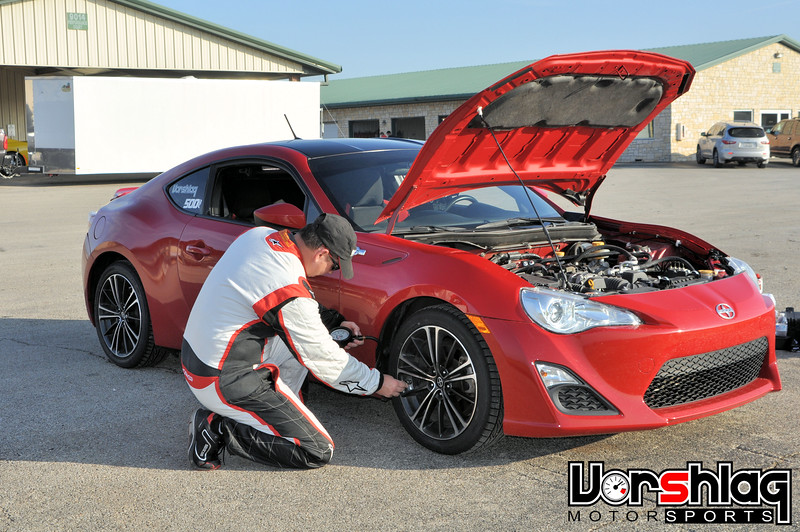
I don't mean to come off as a know-it-all jackass, but the the folks here at Vorshlag and I are well versed in tire technology - we spend an inordinate amount of time testing, researching, and chewing up tires - and we don't even sell tires! But tires are so important, because everything we do in the suspension and brake systems is just to make the tires work more efficiently. Invest in the best tires you can afford, and treat them like the delicate expendable that they are. Nothing you can spend your money on will reward you with lower lap times like fresh, good tires can. Don't buy used tires, don't daily your track tires, and don't ignore the data that these little hoops of rubber can give you!
cheers,

Yes, vulcanized rubber "hardens" (ie: loses mechanical grip) with age, exposure to sun/oxygen, and especially with an increasing number of HEAT CYCLES. The total mileage and time variables alone don't paint the whole picture - its the number of times the tires have come up to temperature and then come down to ambient (heat cycles) that kills the compound. Autocrossers are usually pretty religious about counting heat cycles, and track drivers/road racers should do the same.

Tire temperatures are a critical aspect, as are tire pressures. #500psi You will often see autocrossers spraying their tires with water - to keep the compound in the best working temp range - which can squash a tire's grip in the short term (it can literally happen in seconds if the tire is over-driven) if overheated. I've had this happen on many if not most of the latest "200 treadwear" street tires in testing on track and in autocross situations. You push them too hard, they slide too much (excessive slip angle), and they overheat. Then your lap times start to slip heavily. If the tire rubber gets too hot it gets greasy and grip levels diminish. This turns up in both "feel" as well as lap times.

After your car's suspension's worst sins have been corrected (lack of camber, pressure, damping, spring rate. see above), most folks who are tracking their cars regularly should wear away the tire's rubber evenly before they "age out" or "compound out" the tire, to the point that it is losing mechanical grip. But if you actually "dual purpose" your tires for both daily use and track use, they will likely compound out long before you run out of tread rubber. Nothing kills a tires performance more than excessive heat cycles, and daily driving adds those quickly.

As someone who has been an active competitor for 30 years, has been invited to drive at tire tests, and has held our own independent tire tests, I think I have a unique bit of experience here. As we have seen first hand (and as I replied in Skyrender's latest post) nothing is more important to a race car than its tires, and we often build entire cars around a specific tire.

I always encourage folks to use a dedicated set of "race" wheels and tires and a separate, different set of "daily driver" wheels and tires. Even at the casual autocross or HPDE level you will see a marked improvement in times if you follow this rule.

And, no, I don't mean everyone needs to trailer their car or run Hoosiers for track use only. Just that a quick change to your Bridgestone RE71Rs the night before your track event, and a quick swap back to your street meats when you get home, extends the usefulness of your track rubber.

It can matter just as much if not more on "sticky street tires" as it does on Hoosier A7s. And no, don't drive A7s or even R7 Hoosiers to events... unless you like getting flat tires and having to flat tow your car home often.

I don't mean to come off as a know-it-all jackass, but the the folks here at Vorshlag and I are well versed in tire technology - we spend an inordinate amount of time testing, researching, and chewing up tires - and we don't even sell tires! But tires are so important, because everything we do in the suspension and brake systems is just to make the tires work more efficiently. Invest in the best tires you can afford, and treat them like the delicate expendable that they are. Nothing you can spend your money on will reward you with lower lap times like fresh, good tires can. Don't buy used tires, don't daily your track tires, and don't ignore the data that these little hoops of rubber can give you!
cheers,
Similar threads
- Replies
- 31
- Views
- 9K
- Replies
- 23
- Views
- 3K
- Replies
- 24
- Views
- 4K
Support us!
Support Us - Become A Supporting Member Today!
Click Here For Details


